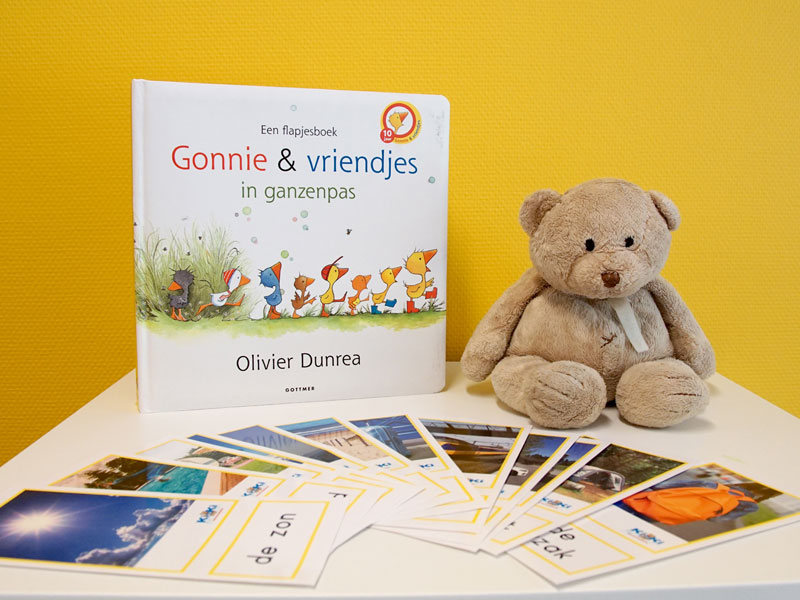n the Netherlands, VVE stands for early childhood education programs
The original goal of early childhood education is that all children start primary school without deficits or delays. According to research, 15 to 20% of children in childcare are eligible for extra stimulation programs to address deficits/delays. About 20% of the children at the beginning of the primary school, for example, are not easily approachable in the Dutch language. Once accumulated, deficits/delays are often difficult to catch up with. With the help of early childhood education (VVE), the deficits/delays of 2- and 3-year-olds are often noticed, eliminated, and/or prevented.
The VVE programs were previously written for children with a disadvantage and the target group for which these programs were written for was four year old children and older. In 2010, the law OKE and many programs were adapted for large-scale childcare centers. Known programs such as Kaleidoscope, blocks, Bas, Puk and Ko were now offered for children starting at 2 years old. Because these programs were originally written for primary school children, and a simplified edition was later made for the large-scale childcare, it became difficult to apply these in a small-scale day care such as The Base Day Care. For example, some days a Base Day Care employee may work by themselves with a group of children and simplifying the activities for the younger children takes a lot of preparation. With one person working, it is often not feasible to adapt, prepare, and apply these methods in small-scale childcare center.
Today, VVE is more than just a tool for addressing deficits and delays. All children benefit from the programs if their development is systematically and purposefully stimulated. Kiki is a VVE program for children from 0 to 4 years that was written especially for small-scale childcare centers with passion, quality, and personal development as starting points.



